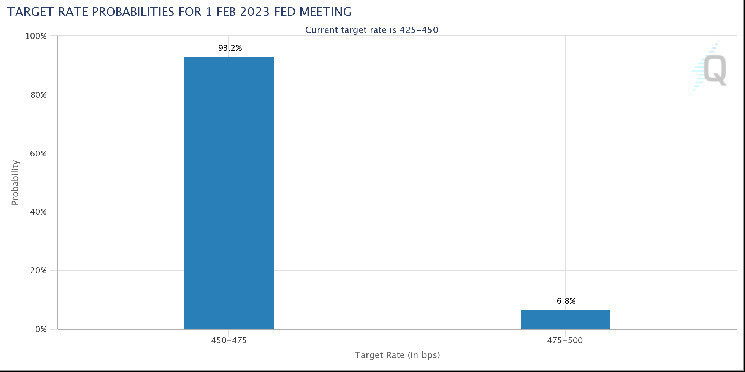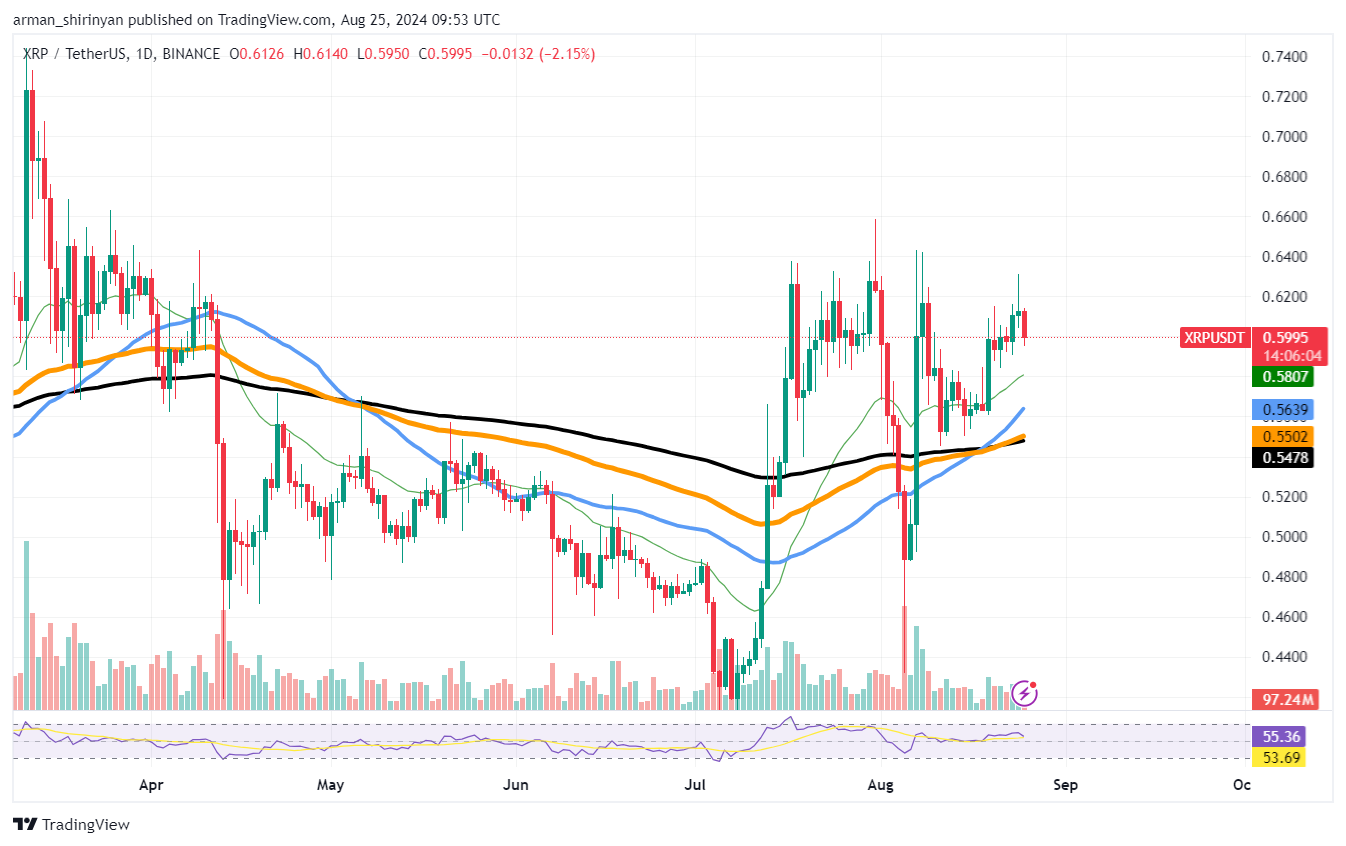Senator Mike Lee has put forward a bill to dismantle the Federal Reserve system, including its board of governors.
Named the ‘Abolish Act,’ this proposed legislation also aims to repeal the 1913 Federal Reserve Act, which established the central banking system in the United States.
In his announcement, Lee, a Republican from Utah, criticized the Fed for overstepping its boundaries and failing to manage critical economic issues like inflation and public debt. His initiative has gained support from Kentucky representative Thomas Massie.
Lee asserts that the Federal Reserve has not met its mandate and has instead contributed to financial instability. He believes that dismantling the Fed is necessary to curb unchecked government spending and the monetization of federal debt, which he argues leads to economic disruption.
Representative Massie echoed Lee’s sentiments, blaming the Federal Reserve for the high inflation rates affecting Americans. He pointed out that during the COVID-19 pandemic, the Fed created trillions of dollars, enabling significant deficit spending and devaluing the dollar, which has resulted in the current inflationary pressures.
The Federal Reserve is currently facing scrutiny for its handling of inflation and unemployment through interest rate adjustments. Recent data shows that year-on-year inflation slightly decreased to 3.4% in April 2024, down from 3.5% the previous year, but still above the Fed’s 2% target. Despite aggressive interest rate hikes since 2022, prices remain elevated compared to pre-pandemic levels.
The Abolish Act outlines that, following the dissolution of the Federal Reserve’s board of governors, the chairman would remain temporarily to manage the transition. This includes overseeing employee benefits and the liquidation of assets, with proceeds going to the Treasury Department.







